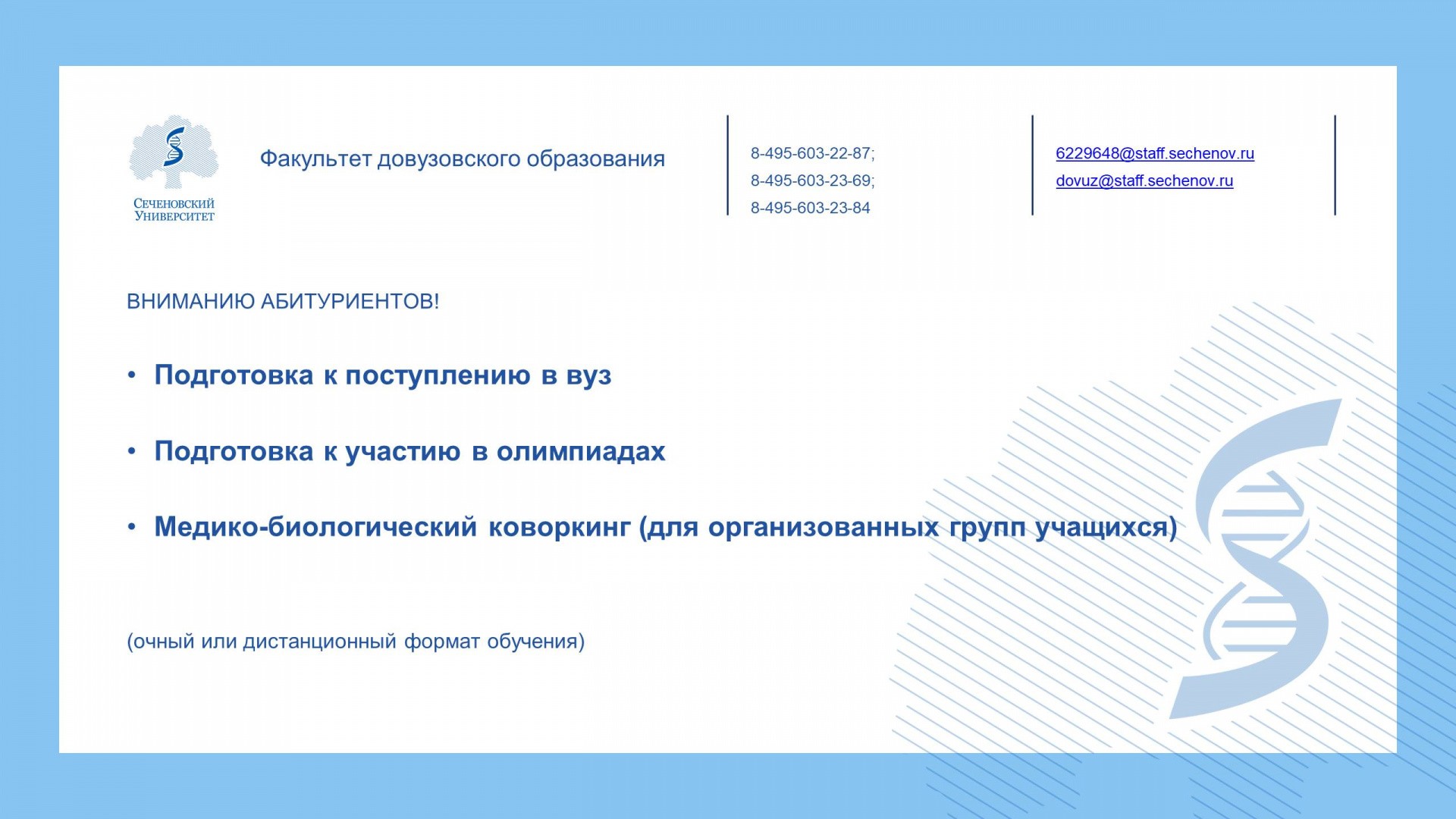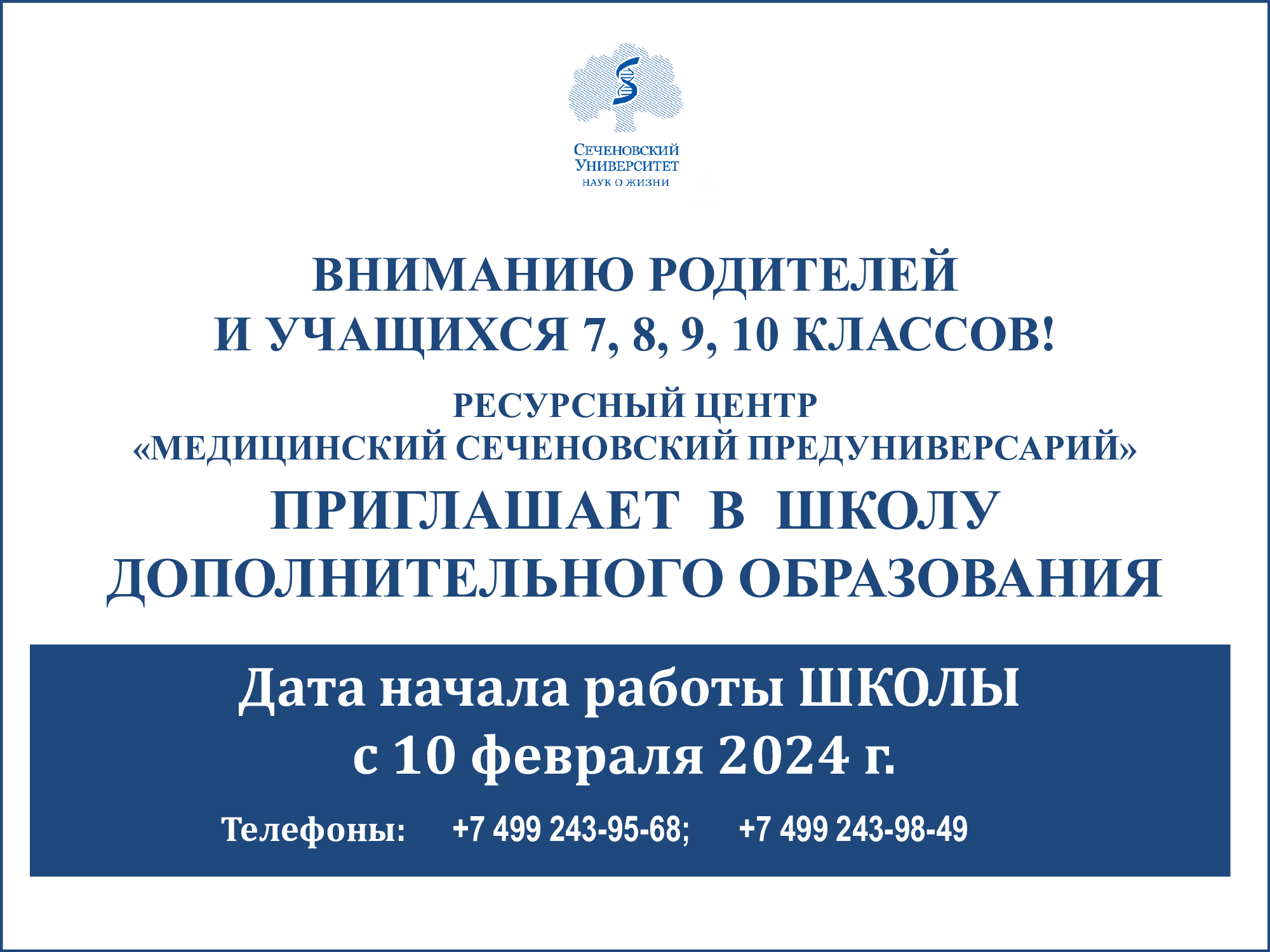Репозиторий Университета
Polymorphism of glutathione-S-transferase genes in children with isolated esophageal atresia
Аннтотация
© 2018, Pediatria Ltd. All rights reserved. The article presents results of the study of glutathione-S-transferase GSTM1 and GSTT1 genes polymorphism in children with an isolated form of esophageal atresia (EA) with tracheoesophageal fistula and without fistula. Study materials and methods: 130 children were examined, including 39 children with EA and 91 children without EA, whose mothers did not consume tobacco or alcohol during pregnancy. All children belong to the Russian ethnic group. Samples of DNA for further analysis were obtained from buccal epithelial cells. Typing of allelic polymorphism of GSTM1 and GSTT1 genes was performed by Real-time PCR and quantitative PCR. Results: in children with an isolated EA the study revealed a statistically significant increase in the frequency of heterozygous genotypes (+/del) for GSTM1 in comparison with the frequency estimate in the control group (χ2=6,74 df=1, p<0,001). Conclusion: the association of EA with the heterozygous genotype of GSTM1 gene was first established, which may indicate a higher risk of pathology development for carriers of this genotype. The authors believe that EA formation depends on the cumulative effect of mother and newborn genotypes, leading to a decrease in GSTM1 enzyme catalytic activity. To determine the hereditary predisposition to EA development in a fetus it is reasonable to determine the glutathione-S-transferase genes polymorphisms in pregnant women who smoke and consume alcohol, as well as pregnant women living in ecologically unfavorable regions.
Вернуться назад









